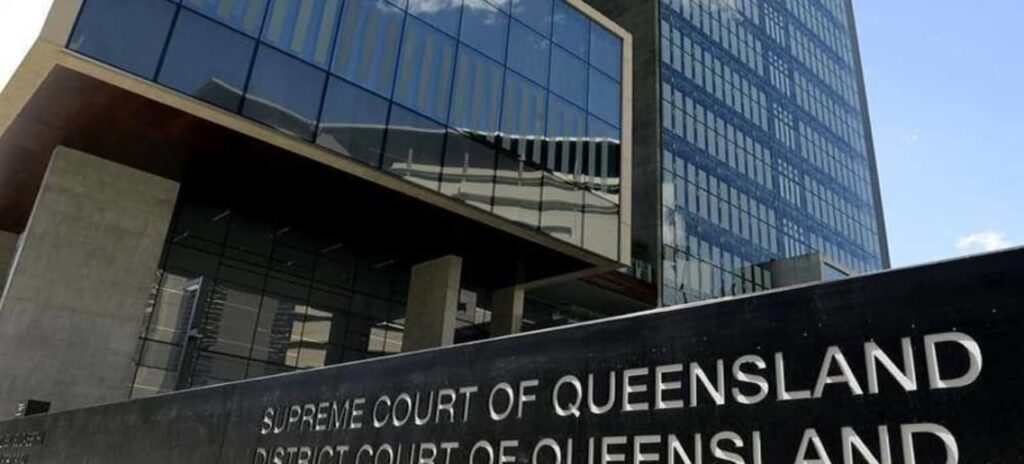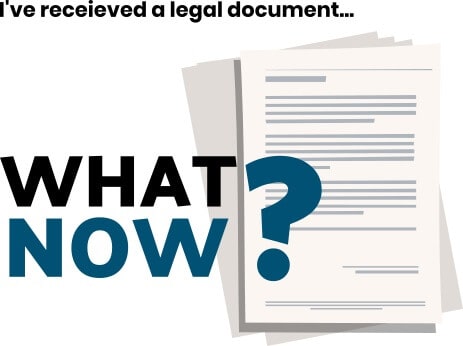Common Issues in Wills and Estates

Wills and estates law is essential for ensuring that a person’s wishes regarding the distribution of their assets are respected after they pass away. However, various issues can arise that complicate the administration of estates or challenge the validity of a will. Understanding these common issues can help you take steps to avoid disputes and […]
Professional Negligence: Types, Risks and Legal Options

Professional negligence occurs when a professional fails to exercise the required level of skill or care in their field, resulting in harm or financial loss to their client. In Queensland, professionals such as doctors, accountants, lawyers and engineers are held to high standards and breaches of these standards, or the standard expected of them, can […]
Legal Requirements for Fair Government Decisions

Government decisions can significantly impact individuals and businesses. Whether it involves licensing, permits, welfare benefits or planning approvals, these decisions must meet certain legal standards. In Queensland and across Australia, government decisions must be fair, reasonable and comply with the law. Understanding how to review these decisions is essential for ensuring your rights are protected.
Rule 116 UCPR (QLD): Substituted Service

Practical Guide and Commentary 116 Substituted Service (1) If, for any reason, it is impracticable to serve a document in a way required under this chapter, the court may make an order substituting another way of serving the document. (2) The court may, in the order, specify the steps to be taken, instead of service, […]
Receipt of a Creditor’s Statutory Demand: what it is, what it means, how to deal with it

A Creditor’s Statutory Demand is commonly referred to as a ‘Statutory Demand’. Statutory Demands are issued in accordance with section 459E of the Corporations Act 2001 (Cth) (the Act). It is a unique mechanism used in the recovery of debts against a corporate entity and has serious legal implications if left unanswered. Statutory Demands are often used as […]
Have I entered into a binding contract or not? Master v Cameron

Individuals, organisations and companies enter into contracts as an absolute matter of routine every day. It is normally obvious when a person has entered a contract; there was an intention to make an agreement (for example to buy something, or to have service is carried out,), formal paperwork was produced and signed or stamped by […]
